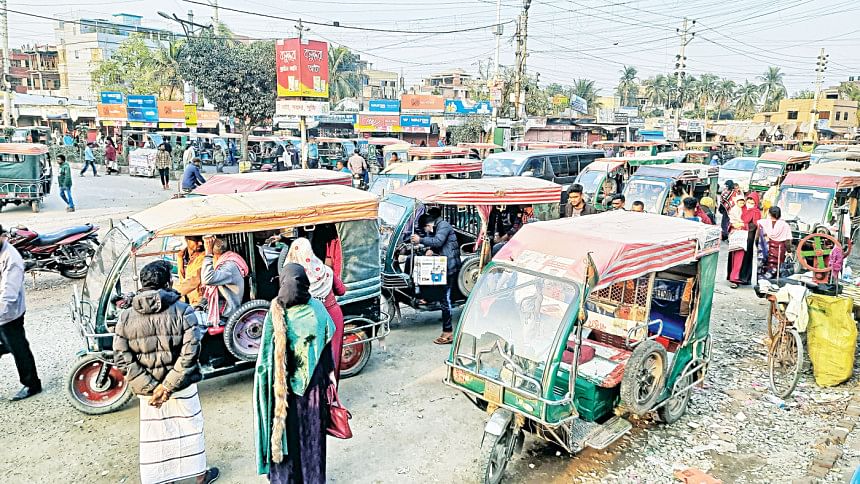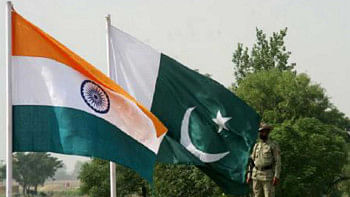Establish charging station networks to ramp up EV adoption

Speakers yesterday emphasised establishing infrastructure for charging station networks so that electric vehicles (EV) may replace their fossil fuel-powered counterparts by 2030.
"The government has already fixed the tariff at Tk 7.6 per unit of electricity used by EV charging stations. So, we now need to build the required network," said Md Habibur Rahman, secretary of the Power Division.
Rahman made these comments while addressing the event, styled "Scaling up Electric Vehicle Uptake in Bangladesh", organised by the Infrastructure Development Company Limited (Idcol) at hotel InterContinental Dhaka.
"Besides, the tariff on electricity used by charging stations has been set at a lower rate than that imposed on residential purposes as it would help reduce carbon emissions," he added.
Rahman went on to say that entrepreneurs would be allowed to set up EV charging stations a minimum of one kilometre apart from each other in order to ensure fast and easy access to charging facilities.
"We have ensured sufficient power production in Bangladesh, so there is no possibility of facing power scarcity due to the establishment of charging stations."
But although energy leakage in the country's power distribution system has been brought down to 5.8 per cent, there is still room to improve it further, the power division secretary added.
Md Nazrul Islam, secretary of the Road Transport and Highways Division, said the government is working on drafting an EV charging guideline that will outline the process of setting up charging stations through private initiatives.
"A comprehensive EV charging station guideline is also needed to simplify the establishment of fast-charging stations. And we have already started working on developing a supporting policy in this regard," he added.
Fatima Yasmin, secretary of the Economic Relations Division (ERD) and chairman of Idcol, suggested keeping in mind the decarbonisation of the transport sector to build up a sustainable model for a cleaner, faster, and safer transport sector in Bangladesh.
She went on to say that 60 lakh charging stations would be required across the country considering how rapidly the transport sector will switch to EVs.
Abdul Baki, additional secretary of the ERD and chief executive officer of Idcol, said automakers are increasingly shifting away from fossil fuel vehicles as there are plans to reduce global carbon emissions by 50 per cent by 2050.
Bangladesh is also moving ahead to reduce carbon emissions, so Idcol is implementing a UK-funded project on "Road to a green Bangladesh".
"We are working on a successful business model and financing ecosystem for business with an aim to increase the EV uptake in Bangladesh," Baki added.
Hafizur Rahman Khan, chairman of Runner Group, said the government should not reduce the import duty on EVs. Rather, it should cooperate with automakers in the country to manufacture such vehicles locally. Besides, many entrepreneurs are ready to invest in locally manufacturing EVs, he added.
Mir Masud Kabir, managing director of Bangladesh Auto Industries Limited, said the adoption of EVs would help reduce passenger vehicle fuel costs by up to 90 per cent while it would be 50 per cent for two and three-wheelers.

 For all latest news, follow The Daily Star's Google News channel.
For all latest news, follow The Daily Star's Google News channel. 



Comments